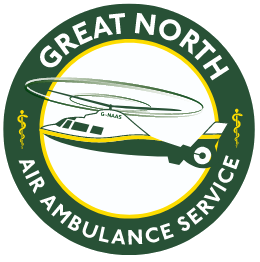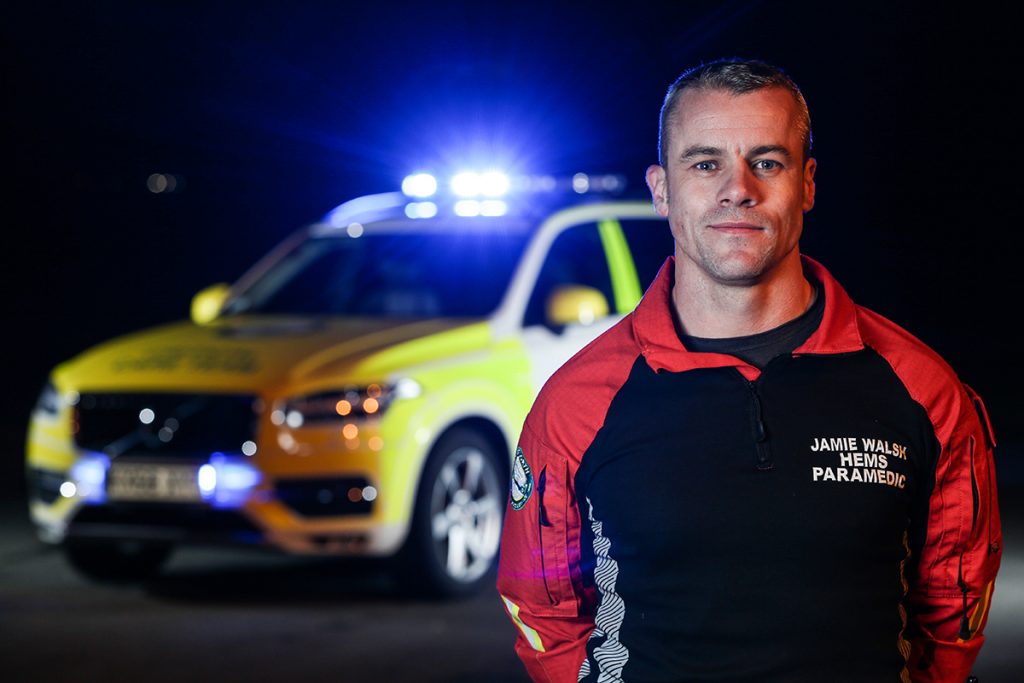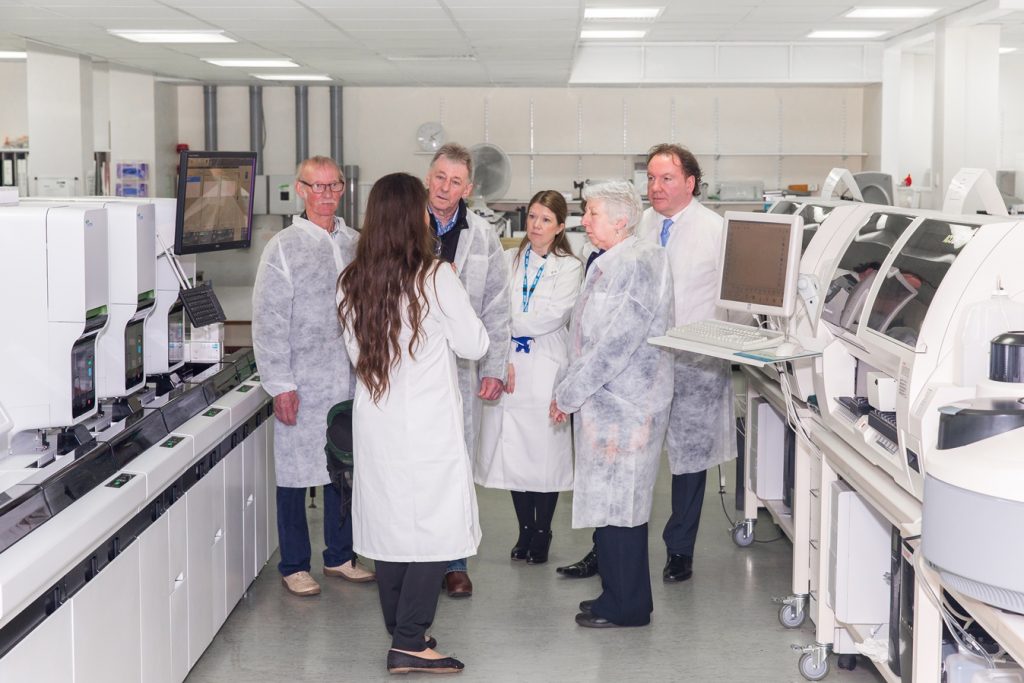Sphere
Sphere
World-Class Medical Training from the Great North Air Ambulance Service
About Sphere
The Great North Air Ambulance Service has a long history of training doctors and paramedics in pre-hospital medicine.
We welcome clinicians from all over the world to our training courses, and our aim is to arm participants with the skills they need to thrive in this complex and challenging area of patient care. We strongly believe that part of our role as a high-performing service should be the dissemination of knowledge and skills to others so that as many patients as possible can benefit.
The courses deliver unique content in high-fidelity simulations in real environments. We have an extremely skilled and experienced faculty who have taught clinicians and teams worldwide.
Sphere courses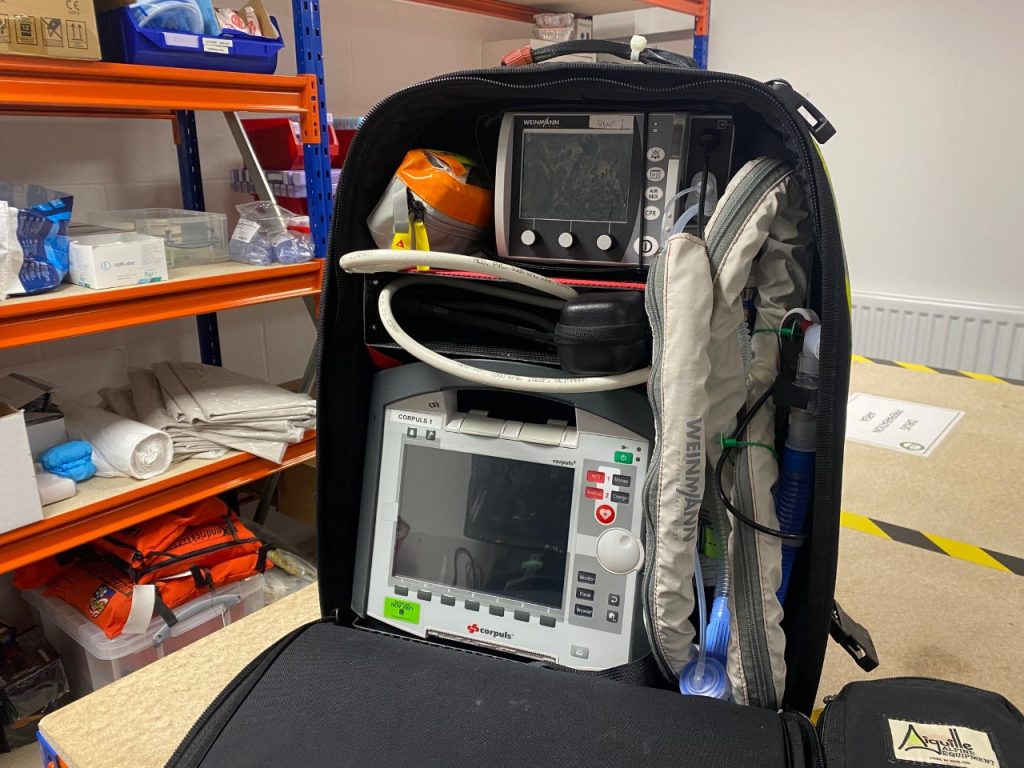

When GNAAS is called out to a critically ill patient, seconds count. More often than not, on scene of an incident, the team on duty would have to run to and from the aircraft to grab bits of life-saving equipment or rely on help from the ambulance service. That was of course until five critical … Continued
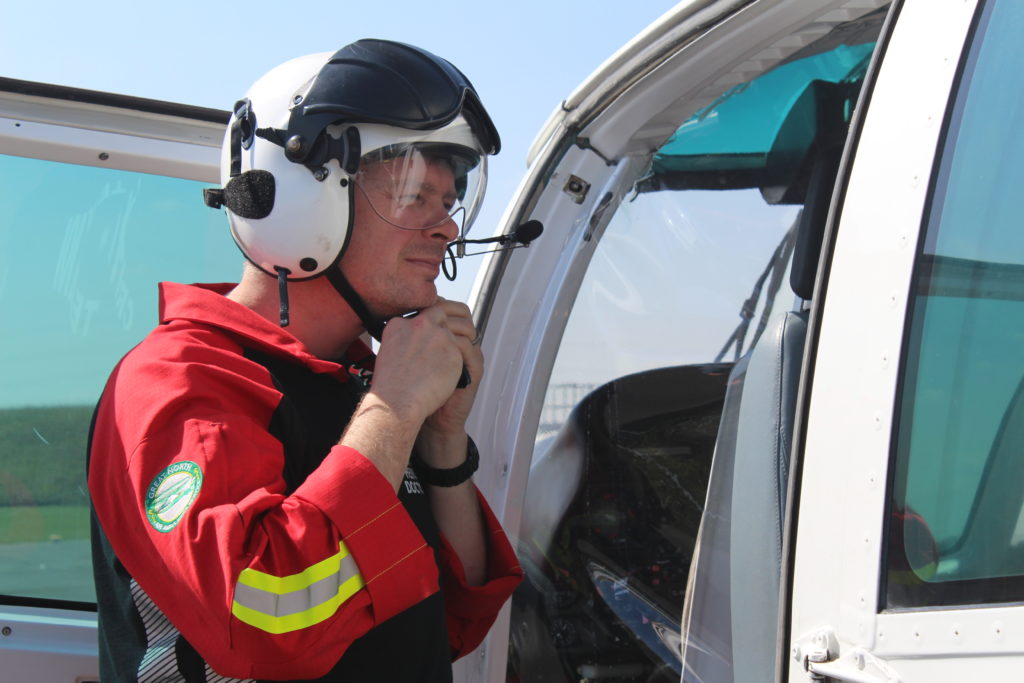

Doctors enable a range of treatments and drug interventions that elevate the service from just a means of patient transport to a flying critical care unit capable of carrying out surgeries and blood transfusions on the roadside. But the job of an Air Ambulance Doctor is not for everyone. “When you are out there, you … Continued
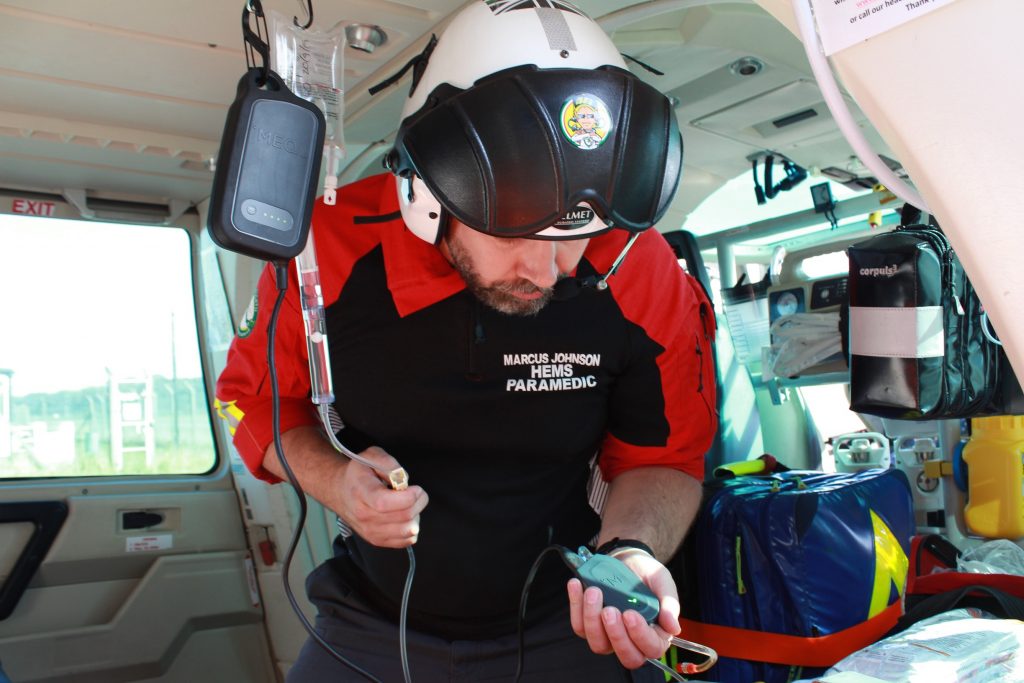

Our critical care team typically includes one doctor and one paramedic. Although the two roles bring different skills and capabilities to the scene, at the Great North Air Ambulance Service (GNAAS), they do so from an equal standing. The team operates under incredible pressure and often in isolation, so the cohesion of the small team … Continued
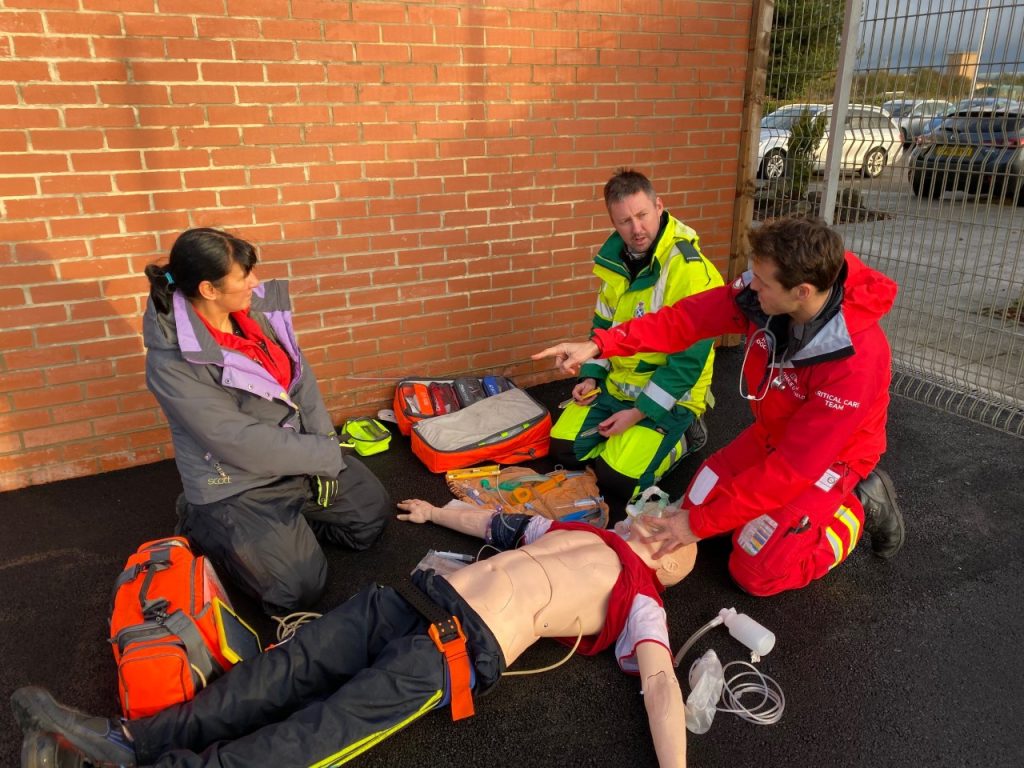

The course teaches the delivery of Pre-Hospital Emergency Anaesthesia (PHEA) – an essential intervention in emergency care that can mean the difference between life and death. At GNAAS, we have been delivering this advanced treatment since the introduction of doctor-paramedic trauma teams in 2004. Today, more than 400 doctors and paramedics across the world have … Continued
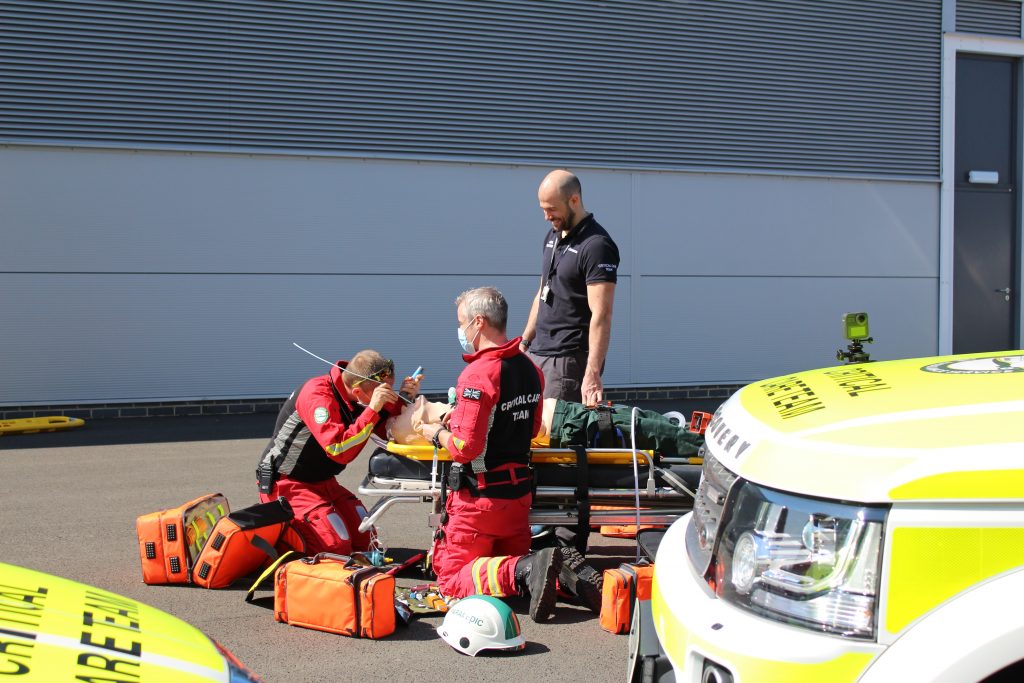

This involves creating realistic scenarios that the team may come across when they are activated to an incident, so they’ll know what to do if they end up facing a similar situation in real life. Here Jamie Walsh, assistant director – training, explains the training in more detail: “We do a simulation on base every … Continued

